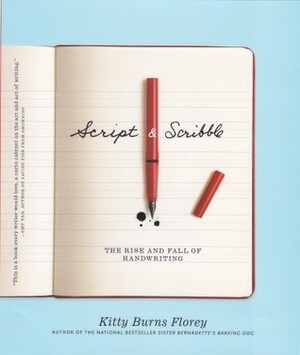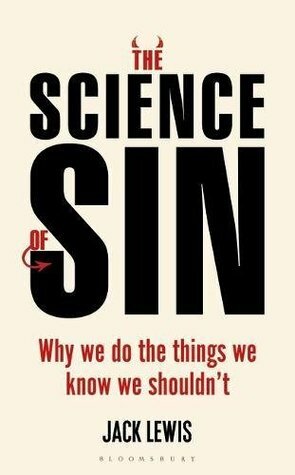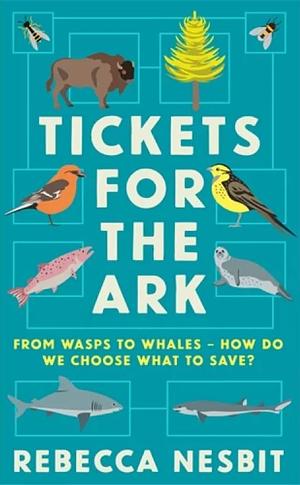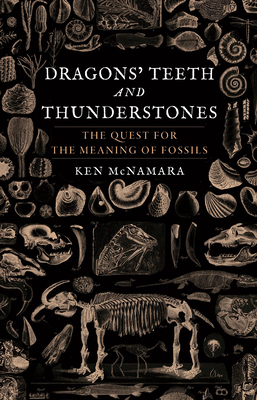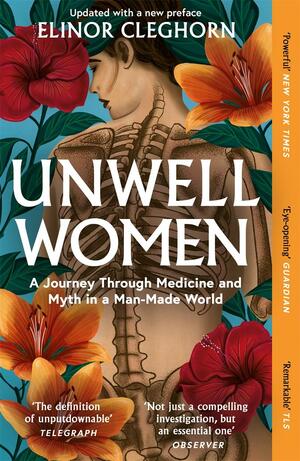
A City on Mars: Can we settle space, should we settle space, and have we really thought this through?
by Kelly Weinersmith, Zach Weinersmith
Genres: Non-fiction, SciencePages: 448
Rating:

Synopsis:Earth is not well. The promise of starting life anew somewhere far, far away—no climate change, no war, no Twitter—beckons, and settling the stars finally seems within our grasp. Or is it? Critically acclaimed, bestselling authors Kelly and Zach Weinersmith set out to write the essential guide to a glorious future of space settlements, but after years of research, they aren’t so sure it’s a good idea. Space technologies and space business are progressing fast, but we lack the knowledge needed to have space kids, build space farms, and create space nations in a way that doesn’t spark conflict back home. In a world hurtling toward human expansion into space, A City on Mars investigates whether the dream of new worlds won’t create nightmares, both for settlers and the people they leave behind. In the process, the Weinersmiths answer every question about space you’ve ever wondered about, and many you’ve never considered:
Can you make babies in space? Should corporations govern space settlements? What about space war? Are we headed for a housing crisis on the Moon’s Peaks of Eternal Light—and what happens if you’re left in the Craters of Eternal Darkness? Why do astronauts love taco sauce? Speaking of meals, what’s the legal status of space cannibalism?
With deep expertise, a winning sense of humor, and art from the beloved creator of Saturday Morning Breakfast Cereal, the Weinersmiths investigate perhaps the biggest questions humanity will ever ask itself—whether and how to become multiplanetary.
Get in, we’re going to Mars.
Zach and Kelly Weinersmith cover a lot of information about the colonisation of Mars in this book, but they do so in a breezy, conversational way that makes it really easy to read. I found the whole thing fascinating, if a bit disheartening: somehow from popular culture you’d think we were really close to putting settlements on Mars, at least within the next decade or something, but the Weinersmiths make it clear we’re not there yet, for a bunch of reasons.
Those reasons can roughly speaking be broken up into categories: the things we don’t know about human bodies and how they’ll react to low or no-gravity situations, the technology we don’t yet have, the stuff we don’t yet know about Mars, and the legal framework that is currently ambiguous/contested/not likely to produce happy, harmonious space settlements.
The whole time I was reading, I couldn’t stop thinking about James S.A. Corey’s Expanse books, which wrestle with the aftermath of these issues in a fictionalised way: Belters are physically different to those born on Earth, the whole political structure (and the implosions thereof), the issue of childbirth, etc, etc.
Anyway, the Weinersmiths have solid reasonings for the things they assert, it all makes sense, it’s wonderfully readable for the layperson, and there are lots of illustrations which make it all a bit more fun along the way.
Rating: 4/5

